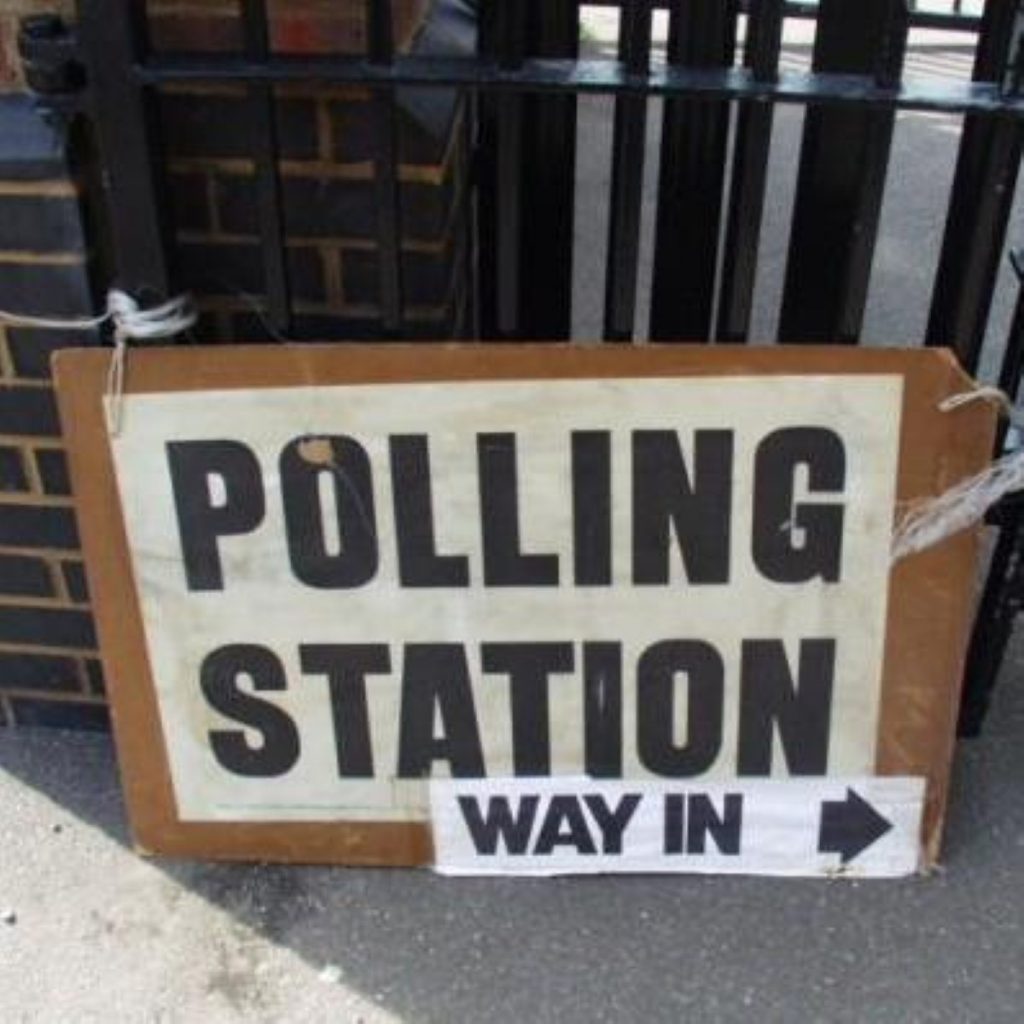Government “keen to learn” from voting pilots
The Government has pledged to study carefully, and learn from, today’s Electoral Commission report into postal voting.
Friday’s report identified a number of problems with the pilots and recommended that all-postal voting should no longer be pursued in England. However, permission was granted for the forthcoming North East referendum on a regional assembly to go ahead in November, stating that any change at this stage could cause more harm than good.
The Commission’s key recommendation to the Government was that it should pursue a “mixed” ballot programme, whereby electors have the choice to go to a traditional voting station if they wish.
Opposition parties have seized on the report, with the Liberal Democrats calling it “hugely embarrassing for the Government” and the Conservatives demanding that the North East referendum is postponed until security fears are laid to rest.


Responding to the report in a joint statement Constitutional Affairs minister David Lammy and Regional Government Minister Nick Raynsford said: “We are very keen to learn the lessons of the pilot and will pay close attention to the Commission’s recommendations.
“In particular we note the importance the Commission attaches to voter choice in electoral methods. The success of these elections, and the lessons we are learning from them, will provide a strong base from which we can develop a truly multi-channel approach to elections in the future – extending choice and opportunity to electors to have their say.”
The ministers stressed the Commission’s conclusion that the pilots “helped to deliver a significantly higher turnout in each of the four regions” and said “we are pleased that the Electoral Commission concluded that the North East referendum on an elected regional assembly and local government restructuring should go ahead as planned on 4 November.”
On the question of security and fraud, of which there were a number of high profile allegations at the time, they point out that: “The reports conclusion is that there is no evidence suggesting that electoral fraud was more prevalent in the all-postal regions than in the rest of the country.
“Nevertheless, we will continue to look at how we can strengthen and improve safeguards and measures to prevent fraud.
“The report contains a number of important recommendations, and we will consider these most carefully.
“We acknowledge that some of the technical difficulties experienced during the election resulted in a number of electors having less time to complete and return their ballot papers than originally envisaged, and that the ensuing media attention will have had an impact on public confidence in the system.”
Their defence is though unlikely to satisfy the opposition parties. Speaking earlier this morning Lord Rennard, chief executive of the Liberal Democrats, said: “This is hugely embarrassing for the Government who were warned in advance of the June elections that they should not try to tinker with voting systems for party advantage.
“Liberal Democrats welcome the Commission’s finding that people should be guaranteed the right to vote in conditions of privacy at a polling station.
“Labour must address the reasons why people have stopped voting for them, and give up trying to impose changes that undermine public confidence in our electoral process.”
The Conservative Shadow Local Government Minister, Caroline Spelman, also reiterated her party’s concerns about postal voting. She said: “This is a vote of no confidence in the Government’s handling of all postal voting in the June elections, as evident by the Electoral Commission’s criticism of both John Prescott’s and Lord Falconer’s Departments. The planned regional assembly referendum in the North East in November should now be postponed, given there is insufficient time to introduce tougher anti-fraud measures.
“The Electoral Commission cannot on one hand assert that there should be a moratorium on all-postal elections and then suggest that the all-postal referendum should go ahead. The only safe option is to restore the tried and trusted ballot box until the necessary safeguards have been put in place.”
There has been no statement yet from the Deputy Prime Minister John Prescott who is the architect of the Government’s push for regional assemblies.












